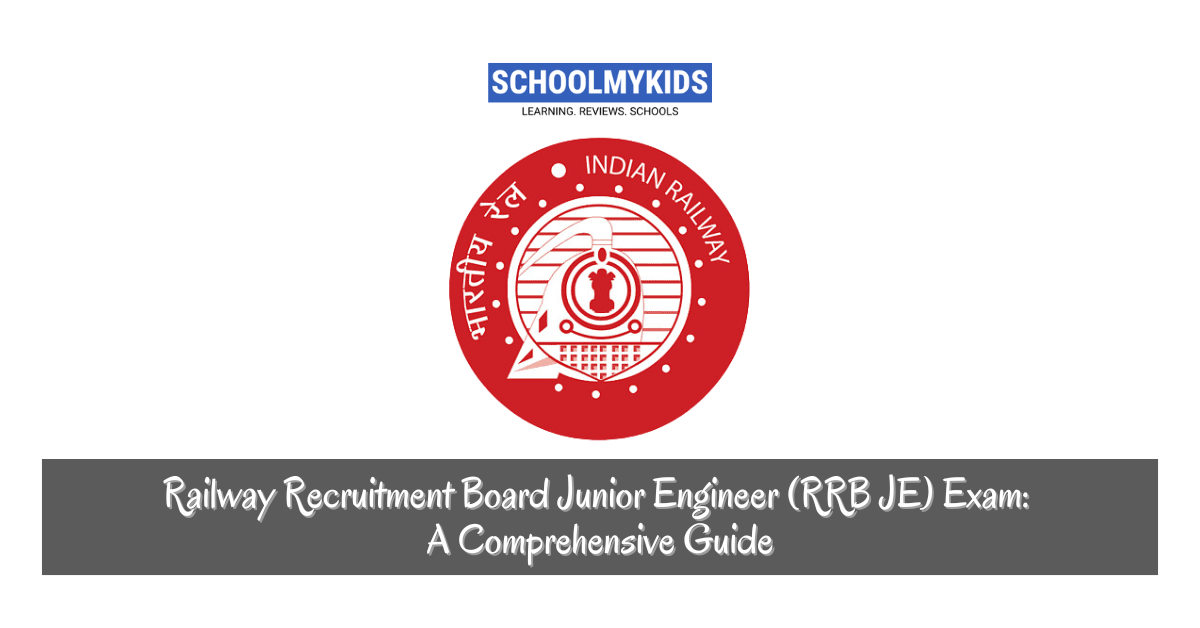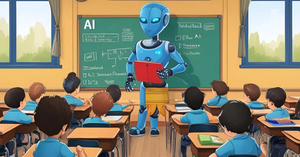The Railway Recruitment Board (RRB) Junior Engineer (JE) Exam is a competitive examination for engineering graduates and diploma holders seeking technical positions in the Indian Railways. This article provides a detailed overview of the RRB JE Exam, including its structure, preparation strategies, and the significance of the roles it leads to.
Understanding the RRB JE Exam
The RRB JE Exam is conducted in two stages: the Computer-Based Test (CBT) Stage I and Stage II, followed by a Document Verification/Medical Examination.
CBT Stage I
The CBT Stage I is the first stage and consists of multiple-choice questions covering four key areas:
- Mathematics
- General Intelligence and Reasoning
- General Awareness
- General Science
The preliminary exam serves as a screening test, and only those who qualify are eligible to appear for the CBT Stage II.
CBT Stage II
The CBT Stage II is the second stage and is also a multiple-choice exam. It covers:
- General Awareness
- Physics and Chemistry
- Basics of Computers and Applications
- Basics of Environment and Pollution Control
- Technical Abilities: Specific to the candidate’s chosen engineering discipline (e.g., Civil, Mechanical, Electrical, Electronics).
Document Verification/Medical Examination
The final stage involves document verification and a medical examination to ensure the candidate’s eligibility and fitness for the job.
Roles Included in the RRB JE Exam
Clearing the RRB JE Exam qualifies candidates for various technical roles in the Indian Railways, including:
- Junior Engineer (JE)
- Junior Engineer (Information Technology)
- Depot Material Superintendent (DMS)
- Chemical and Metallurgical Assistant (CMA)
These roles involve technical and supervisory responsibilities, contributing to the maintenance and development of railway infrastructure.
Preparation Strategies for RRB JE Exam
Preparing for the RRB JE Exam requires a strategic and disciplined approach. Here are some key strategies for aspirants:
- Understand the Syllabus and Exam Pattern: Familiarize yourself with the detailed syllabus and exam pattern for both CBT stages. Knowing what to study and how to approach each paper is crucial for effective preparation.
- Develop a Study Plan: Create a realistic and well-structured study plan. Allocate time for each subject, revision, and practice tests. Consistency and discipline are key to staying on track.
- Read Standard Books and Reference Materials: Refer to standard textbooks and reference materials for each subject. Focus on understanding core concepts and their applications.
- Practice Previous Year Papers: Solving previous year question papers helps in understanding the exam pattern and types of questions asked. It also aids in time management and identifying weak areas.
- Stay Updated with Current Affairs: Regularly read newspapers, magazines, and online resources to stay updated with current affairs, especially those related to science and technology.
- Take Mock Tests: Regularly take mock tests to assess your preparation level. Mock tests help identify strengths and weaknesses, improve time management, and build exam temperament.
- Revise Regularly: Revision is essential to reinforce what you have learned. Regularly revise your notes and key concepts to ensure retention and recall during the exam.
Challenges and Rewards of RRB JE Preparation
Preparing for the RRB JE Exam is a rigorous and demanding process. Aspirants often face challenges such as vast syllabus coverage, time management, and maintaining motivation. However, the journey is equally rewarding in terms of personal growth and the eventual goal of securing a technical job in the Indian Railways.
Challenges
- Vast Syllabus: The extensive syllabus can be overwhelming. Breaking it down into manageable sections and focusing on one topic at a time can help.
- Time Management: Balancing study time with personal life can be challenging. A well-planned schedule and setting realistic goals are essential.
- Stress and Motivation: The long preparation period can lead to stress and burnout. Maintaining a positive attitude, taking breaks, and seeking support from family and peers are crucial.
Rewards
- Personal Growth: The preparation process enhances critical thinking, analytical skills, and knowledge across various subjects.
- Career Opportunities: Clearing the exam opens doors to prestigious career opportunities in the Indian Railways.
- Job Security and Benefits: Railway jobs offer job security, attractive benefits, and a respectable position in society.
Conclusion
The Railway Recruitment Board Junior Engineer Exam is a journey of determination, perseverance, and unwavering commitment. While the path is challenging, the rewards of securing a technical job in the Indian Railways are unparalleled. With the right strategy, consistent effort, and a deep sense of purpose, aspirants can achieve their dream of joining the esteemed railway services and contributing to the nation's transportation infrastructure and development.









Be the first one to comment on this story.